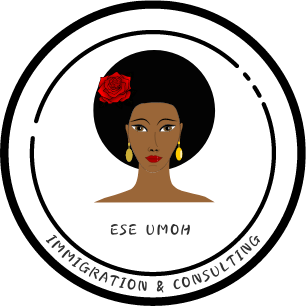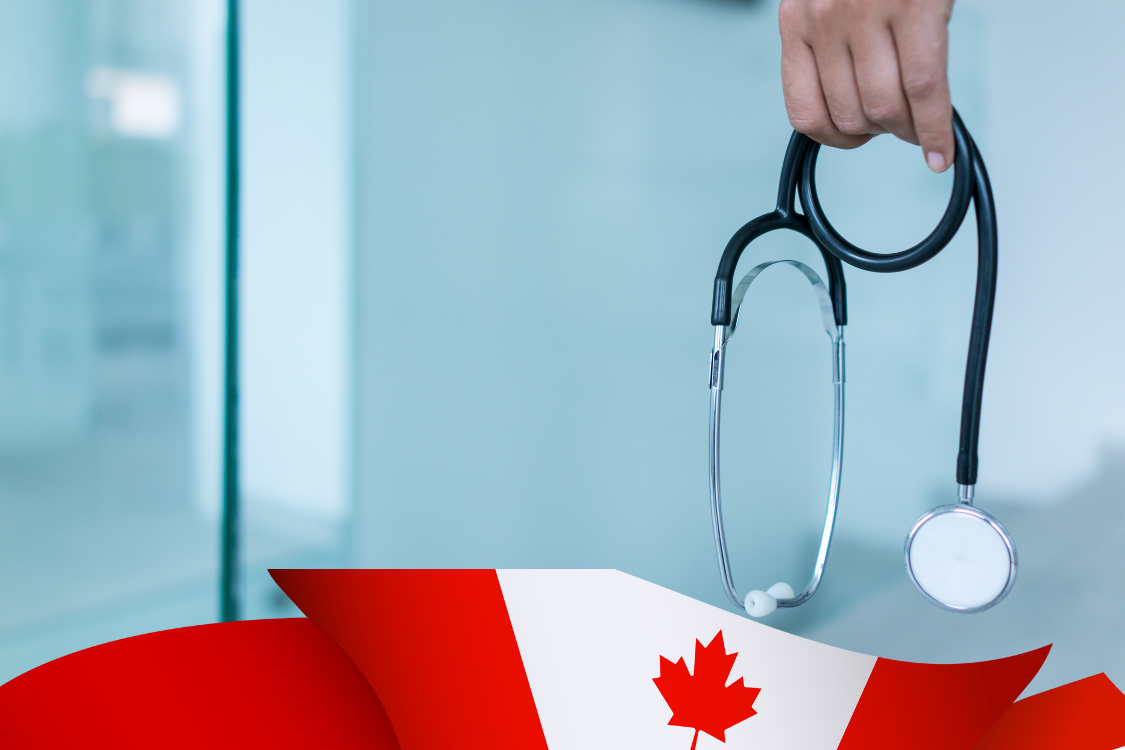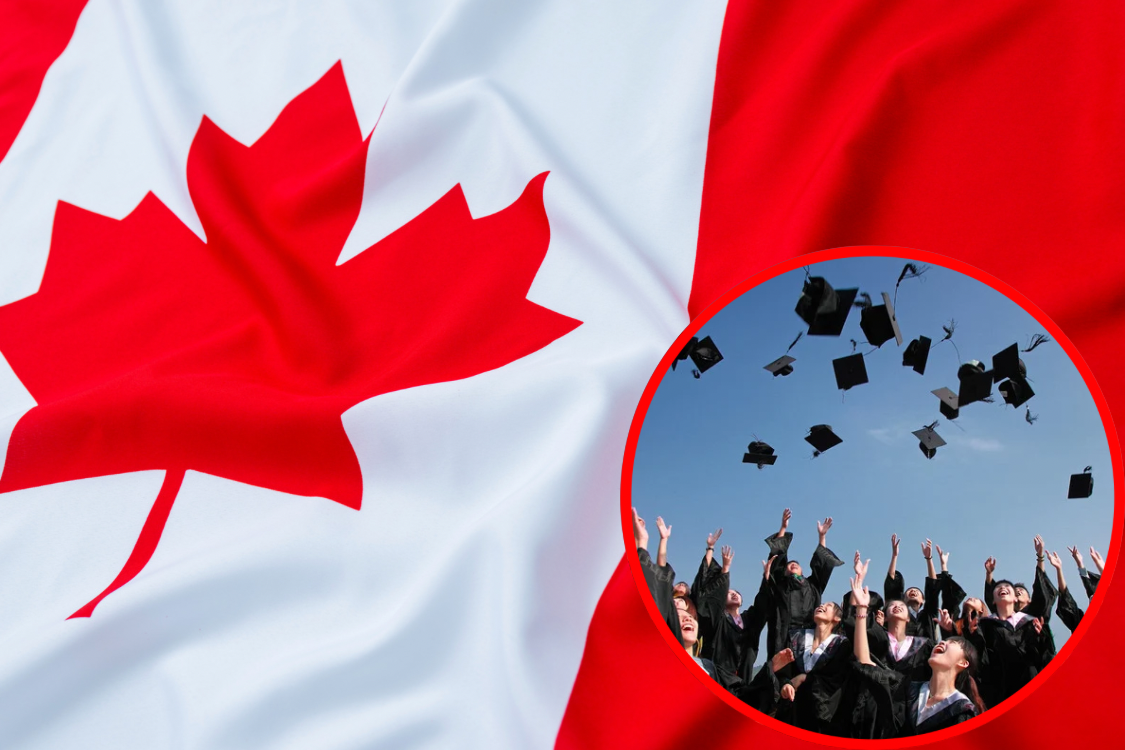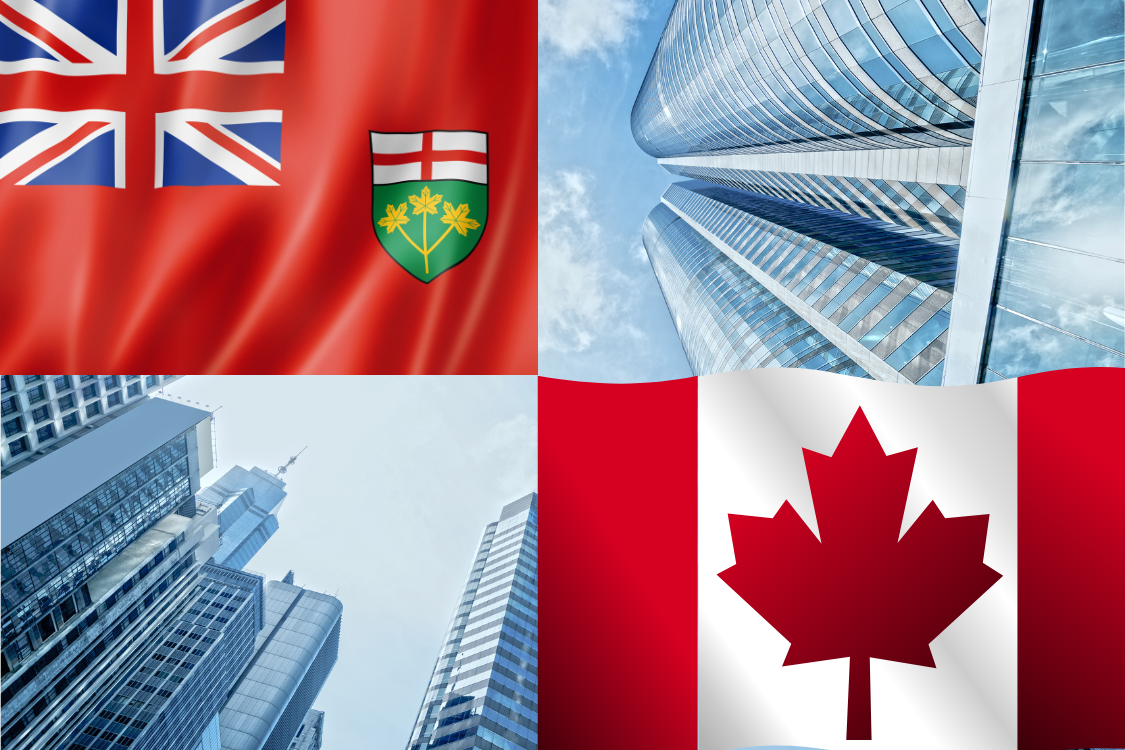Dear future neighbour,
For years, people have stared at their Express Entry scores wondering if they would ever see the inside of a Canadian permanent residence application. Scores in the 400s, 500s sometimes even higher were the norm. So when Canada quietly dropped a cut-off of just 169 this week, a lot of people did a double take.
No, that’s not a typo.
On February 19, 2026, Canada ran its very first Express Entry draw under a brand new category Physicians with Canadian Work Experience and invited 391 doctors to apply for permanent residence with a CRS score floor that hasn’t been seen since the height of a global pandemic. To put that in perspective, the last time the cut-off went lower than this was 2021, when it bottomed out at 75 under very extraordinary circumstances.
This is history. And it tells a bigger story about where Canada’s immigration system is heading.
Canada has a doctor problem – and immigration is the fix
Walk into a clinic in rural Ontario or a small town in Nova Scotia and you’ll likely see the same sign: “We are not accepting new patients.” Canada has been quietly battling a physician shortage for years, and the government has decided it’s done waiting for a domestic solution.
Back in December 2025, Canada’s immigration ministry announced a suite of new measures specifically designed to attract more doctors – both through federal and provincial channels. The Physicians with Canadian Work Experience category is the first real product of that plan, and its debut draw just proved it means business.
So who actually qualifies?
This isn’t a draw that’s open to every Express Entry hopeful. To have been considered, candidates needed to:
- Already meet the basic requirements of one of the three main Express Entry programs
- Have clocked at least 12 months of full-time physician work in Canada within the last three years
- Be working in one of the specific medical occupations listed under the category
- Have had an active Express Entry profile before January 3, 2026
The key phrase here is in Canada. This draw is squarely aimed at doctors already on the ground, already serving Canadian communities, and simply waiting for a clear path to stay permanently.
See below summary of Express Entry draws in 2026
| Draw date | Draw Type | CRS cut-off score | ITAs issued |
|---|---|---|---|
| February 19 | Physicians with Canadian work experience | 169 | 391 |
| February 17 | Canadian Experience Class | 508 | 6,000 |
| February 16 | Provincial Nominee Program | 789 | 279 |
| February 6 | French-Language proficiency | 400 | 8,500 |
| February 3 | Provincial Nominee Program | 749 | 423 |
| January 21 | Canadian Experience Class | 509 | 6,000 |
| January 20 | Provincial Nominee Program | 746 | 681 |
| January 7 | Canadian Experience Class | 511 | 8,000 |
| January 5 | Provincial Nominee Program | 711 | 574 |
2026 is moving fast – this is the proof
This physician draw was actually the ninth Express Entry selection of the year and we’re barely into February. Since January 1st, Canada has handed out 30,848 invitations across draws targeting Canadian Experience Class candidates, French speakers, provincial nominees, and now physicians.
The pattern is hard to ignore: Canada is pulling toward people already inside its borders, people already contributing, people who just need the paperwork to catch up with the life they’ve already built.
What this moment is really telling you
Whether you’re a doctor, a skilled worker, or someone who’s had an Express Entry profile collecting dust – this week’s draw is a signal, not just a statistic. Canada is creating new doors, and it’s doing it faster than most people are paying attention.
The risk isn’t applying. The risk is waiting too long to figure out your options.
If you’re unsure where your score stands, which category fits your background, or whether a Provincial Nomination could boost your profile: that’s exactly what our team untangles every day. From Express Entry and Provincial Nominations to school admissions and beyond, we’ll help you find the clearest, fastest route to your Canadian future.
Your next step starts with one conversation. Book your consultation using the link below – let’s make your move count.










